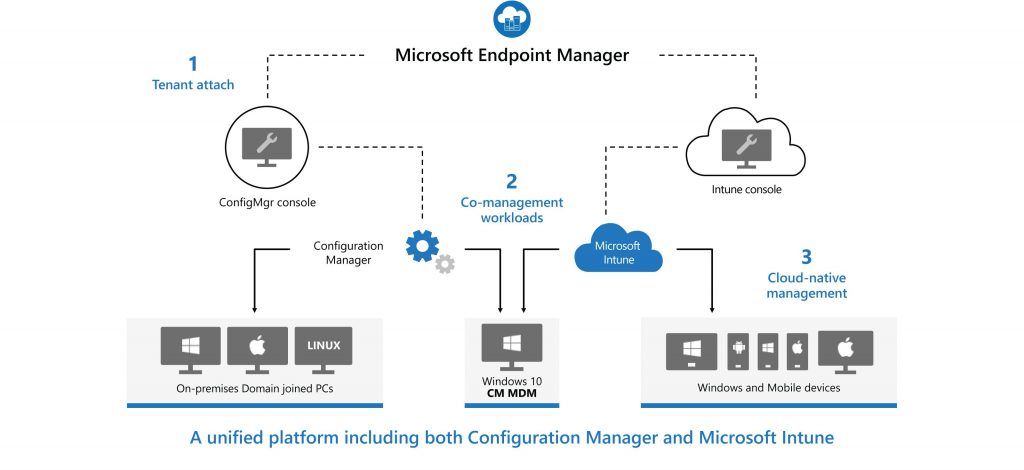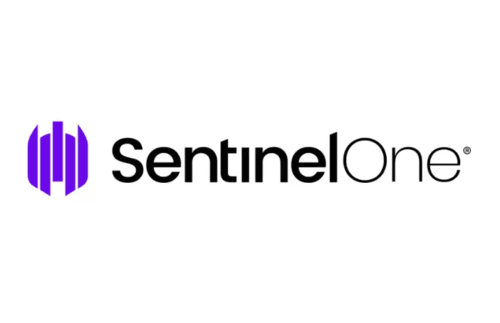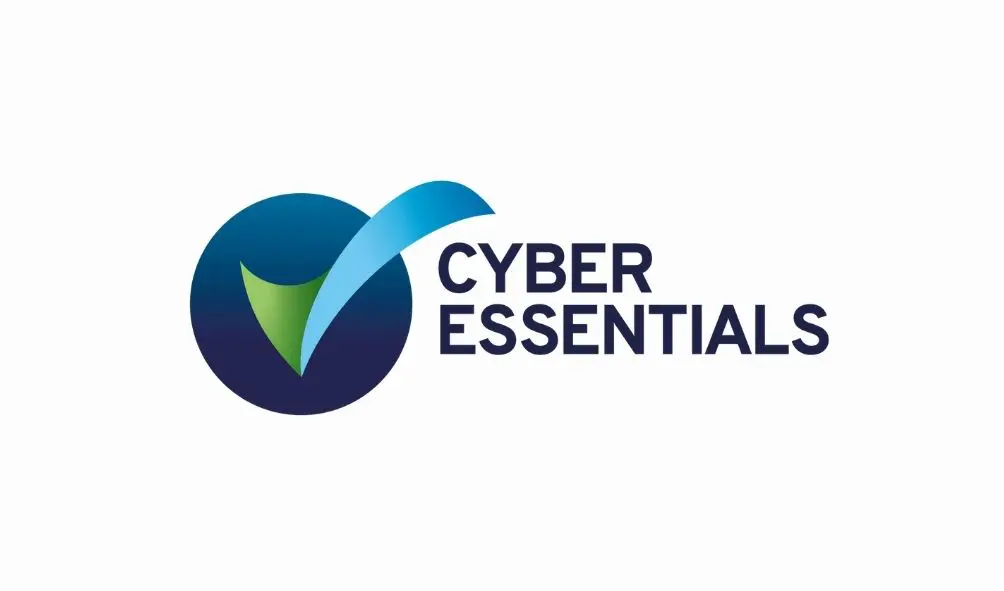Microsoft Endpoint Manager is a management and security service that is made up of from a number of existing products brought together to provide a new solution. Microsoft Endpoint Manager allows organisations to manage their data and devices securely in the cloud and on-premises.
In this article we will introduce Microsoft Endpoint manager and discuss some of the main services it provides.
What is Microsoft Endpoint Manager?
Microsoft Endpoint Manager is a Microsoft Azure service that provides you with a wide range of features and services to manage and monitor a full range of devices including: mobile devices, desktop computers, virtual machines, embedded devices and servers.
Microsoft Endpoint Manager offers a seamless, end-to-end management solution without the complexity of a migration or disruption to productivity. It is perfect for organisations looking to provide greater security, monitoring and updates across a full range of devices.
Microsoft Endpoint Manager services
Endpoint Manager combines services you may know and already be using, including Microsoft Intune, Configuration Manager, Desktop Analytics, co-management and Windows Autopilot. These services are part of the Microsoft 365 stack to help secure access, protect data, as well as respond and manage risk.
Endpoint Manager includes the following services:
- Microsoft Intune: Intune is a 100% cloud-based mobile device management (MDM) and mobile application management (MAM) provider for your apps and devices. It allows you to control features and settings on Android, Android Enterprise, iOS/iPadOS, macOS and Windows 10 devices. It integrates with other services, including Azure Active Directory (AD), mobile threat defenders, ADMX templates, Win32, custom LOB apps and more.
- Configuration Manager: Configuration Manager is an on-premises management solution to manage desktops, servers and laptops that are on your network or internet-based. You can cloud-enable it to integrate with Intune, Azure Active Directory (AD), Microsoft Defender ATP and other cloud services. Use Configuration Manager to deploy apps, software updates and operating systems. You can also monitor compliance, query and act on clients in real time and much more.
- Co-management: Co-management combines your existing on-premises Configuration Manager investment with the cloud using Intune and other Microsoft 365 cloud services. You choose whether Configuration Manager or Intune is the management authority for the seven different workload groups.
As part of Endpoint Manager, co-management uses cloud features, including conditional access. You can keep some tasks on-premises, while running other tasks in the cloud with Intune. - Desktop Analytics: Desktop Analytics is a cloud-based service that integrates with Configuration Manager. It provides insight and intelligence for you to make more informed decisions about the update readiness of your Windows clients.
The service combines data from your organisation with data aggregated from millions of devices connected to the Microsoft cloud. It provides information on security updates, apps and devices in your organisation, plus identifies compatibility issues with apps and drivers. Create a pilot for devices most likely to provide the best insights for assets across your organisation. - Windows Autopilot: Windows Autopilot sets up and pre-configures new devices, getting them ready for use. It’s designed to simplify the lifecycle of Windows devices, for both IT and end users, from initial deployment through end of life.
As part of Endpoint Manager, use Autopilot to preconfigure devices, and automatically enrol devices in Intune. You can also integrate Autopilot with Configuration Manager and co-management for more complex device configurations (in preview).
For any IT team looking at ways to get easier endpoint security, device management and intelligent cloud actions in a unified management platform, then Microsoft Endpoint management is a great service to look at. What’s more is it comes included in some Microsoft 365 licenses.
Contact us to find out more about how Microsoft Endpoint Management could help you.





